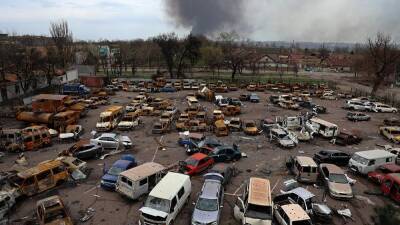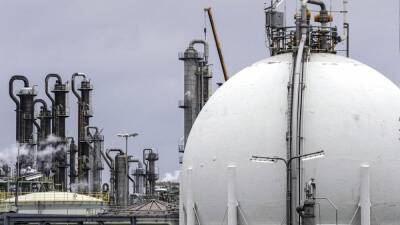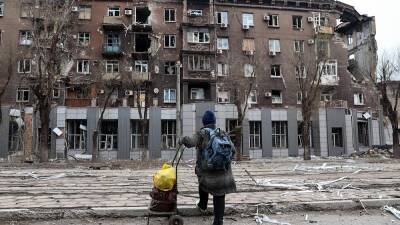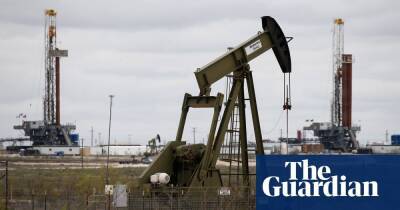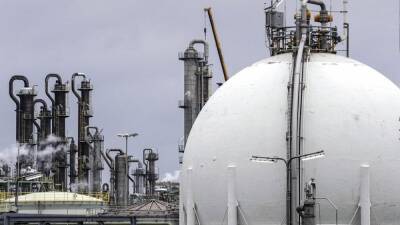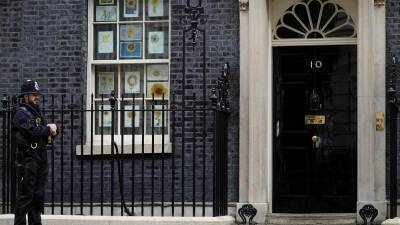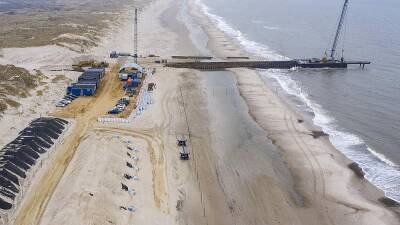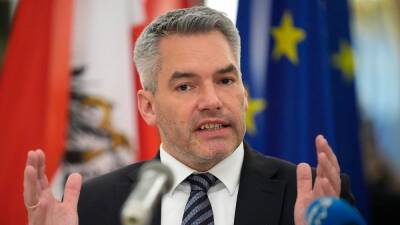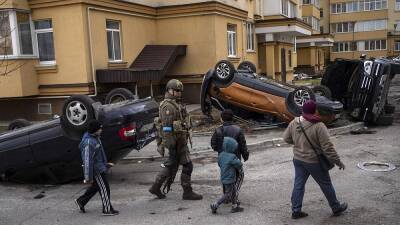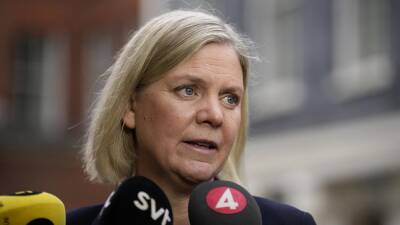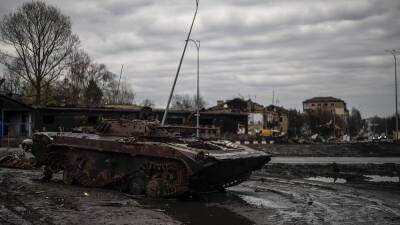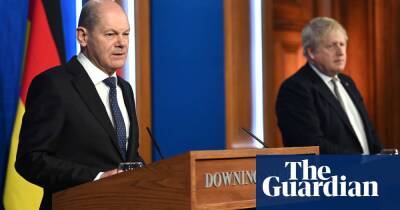After coal, the EU faces an uphill battle to ban Russian oil and gas
The European Union has dared to break a taboo that a few months ago would have been unthinkable: banning Russian fossil fuels, the precious supplies on which the bloc so heavily depends.
The radical measure came only after leaders were confronted with brutal images of indiscriminate killings in Bucha, a suburb near Kyiv. The massacre triggered an international outcry and raised the most serious accusations yet of war crimes levelled against Moscow, who vigorously denied any involvement.
Upon seeing the horrors of Bucha, member states decided to self-impose a 120-day deadline to completely phase out imports of Russian coal. The ground-breaking move was meant to complement previous rounds of sanctions and help cripple the Kremlin's war machine: the sale of fossil fuel represents Russia's main source of revenue, contributing to over 40% of the federal budget.
But while the announcement from Brussels received initial praise, it was quickly eclipsed by the inaction taken against Moscow's two most profitable exports: oil and gas.
Last year, EU purchases of Russian coal amounted to €5.16 billion, a figure that pales in comparison to the €71 billion spent on petroleum oils and the €16.3 spent on gas.
The power crunch that besets the continent since late summer has further inflated the hefty energy bill. According to Bruegel, a Brussels-based economics think tank, the EU is currently paying Russia €450 million for its oil and €400 million for its gas – on a daily basis.
Josep Borrell, the EU's foreign policy chief, denounced the staggering expenditure before the European Parliament, telling MEPs the bloc has spent €35 billion on Russian fossil fuels since the Ukraine war began and just €1 billion on foreign aid destined to the Kyiv
Read more on euronews.com

